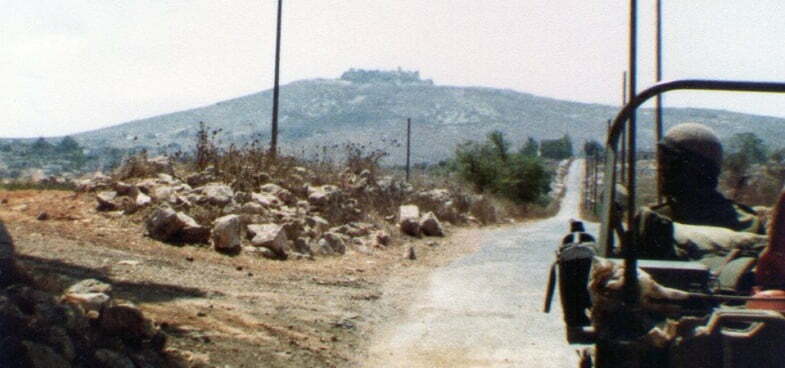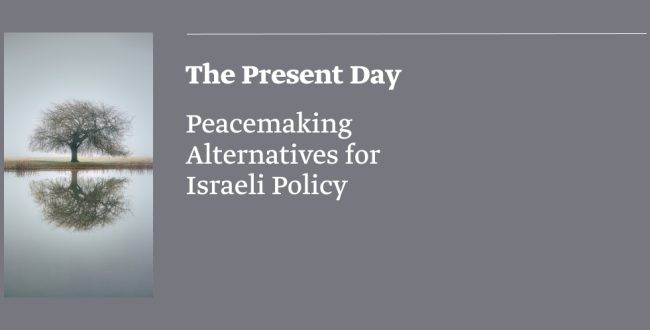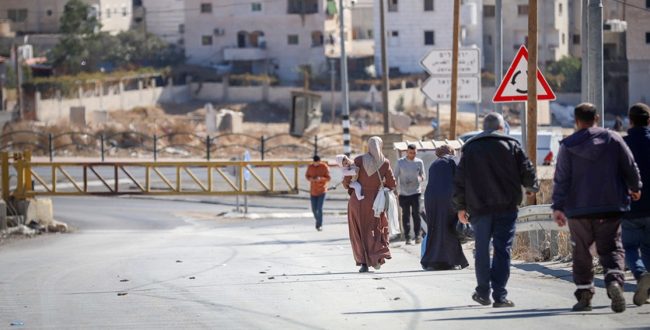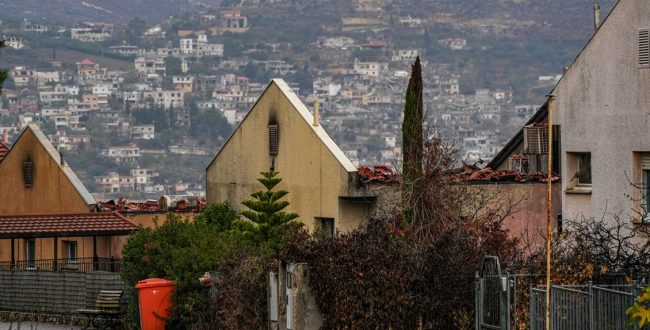A new Facebook group called “Stories from Lebanon- What Happened on the Posts”, which was created to mark the 20th anniversary of the withdrawal of Israeli troops from Lebanon has made waves over the last few weeks. It already has more than 30 thousand members, and has been covered extensively by the press. Alongside nostalgia, jokes, and memories of Lebanon’s beauty, many of the stories posted on the group are heartbreaking. The posters tell of friends who were killed, of grave wounds, and the trauma and post-trauma that many of those who served there still bear. “I cannot get free of Lebanon,” Yuval writes. “45 soldiers were killed over two years from the Nahal unit alone,” writes a former casualty officer, “45 soldiers were killed and many more were wounded. The journey between hospitals via the cemeteries and then to the homes of those who had lost family members is still engraved in my mind today. It is etched in my memory.” “We are all post-traumatic here,” Ilan writes. “There is not one person who is mentally healthy. We are wounded… there is no one who survived what we went through, who isn’t screwed up.” “I salute anyone who remained sane. Blood and friends lost on Lebanese soil,” writes Guy.
These and similar stories are sometimes, according to the writers, being told for the first time. They reflect the loss and the scars that the Lebanon War left on the bodies and souls of many Israelis. The State’s response was as to be expected. Defense Minister Naftali Bennet announced: “We will work to commemorate the war so we can tell the younger generation the stories of the brave fighters and so we can remember the fallen.” The only suitable Zionist response, it seems, to the reemergence of what we worked so hard to repress, is a commemoration of bravery, silencing anyone who wants to open the wound and keep the story of the Lebanon war within permissible patriotic bounds.
The First Lebanon War is also known as “Operation Peace of the Galilee”, but only few remember that the Galilee was actually quiet during the year before the war, due to the informal pact between the PLO and Israel. However, Begin, Sharon and Rafael Eitan were not satisfied with quiet as a solution to the Palestinian-Lebanese problem. Lebanon had been a problem for Israel for a long time. Ben-Gurion dreamed of a Lebanon under Christian control. In May 1955, for instance, he suggested that if Iraq invaded Syria, or if the two countries unified, Israel would have the opportunity to put the Christian Manorites into power in Lebanon. Of the Chief of Staff, Moshe Dayan, Moshe Sharet says:
“Fully agreed with him and revealed the secret of his long-term plans. According to him, the only thing needed was to find an officer, even just a captain- and to gain their trust or bribe them to agree to declare themselves the savior of the Maronite population. If, then, the IDF entered Lebanon, it could conquer the territory being considered and establish Christian rule in alliance with Israel. The territory south of the Litani River would be annexed completely into Israel and everything would be as it should in peace.”
Sharet sums up:
“The lack of seriousness revealed on the part of the military branch of advisers in everything regarding their approach to the issue of the neighboring countries, and specifically the more complex problem of the internal and external state of Lebanon was just shocking. It was clear that those who had saved the country with their bravery and self-sacrifice during the War of Independence would cause a holocaust if they were set loose as they previously had been.”
In the summer of 1982 the “military branch” was set loose, and the assassination of the Israeli Ambassador to Britain, Shlomo Argov, by former members of the PLO, gave them the excuse. A few years previously Arafat had already hinted that he was willing to make a deal with Israel on the basis of 1967 borders, and in the succinct words of Amir Oren: “Begin and the Chief of Staff Rafael Eitan came up with a simple equation for themselves: a decisive military strike on the PLO would equal a political retreat from the attempts to create a Palestinian political entity – and keep the Occupied Territories in Israeli hands.”
In order to do this, the additional goal of doing away with Palestinian refugees from Lebanon was added to their plans. Arieh Naor, who was the Cabinet Secretary, testified that the assassination of the leader of the Christian Kataeb Party leader, Bashir Jumail brought about a state such that “even the plans for the immigration of the Palestinians out of Lebanon was buried,” and he added a horrifying remark: “Despite the one-time slaughter carried out by his men [Bashir Jumail’s men at Sabra and Shatila], thirst for revenge will not cause the Palestinians to flee Lebanon in hoards: In order for this to occur we must apply constant pressure in using those “exceptional methods” which the Cohen Committee hinted to in their public report.”
The number of victims among the Lebanese and Palestinians has also been forgotten in Israel. Between 800 and 3,000 Palestinians were killed during the slaughter at Sabra and Shatila, carried out by the Christian Kataeb Party. Israeli bombs brought about the death of 15-20 thousand Palestinians and Lebanese- most of them civilians. One can learn a lot about Israel’s bombing policy from Sharon’s words to IDF officers: “I want to reach al-Fakhani [neighborhood], even though it’s a viper’s nest. There are thousands of civilians there, but if we need to go in – we need to go in with artillery. It’s complicated in terms of mopping up, but we can bomb it day and night for a week.” In Lebanon, Israel used phosphorus bombs, perhaps for the first time. These bombs would become more familiar to us during Operation Iron Dome in 2008 in Gaza. They are useful in urban warfare because they set the buildings and the arms on fire and drive the people inside the buildings outside. They also cause incredible suffering to those who are caught up in them. As a doctor in the Barbir Hospital in Beirut testified: “I had to take the babies and put them in a bucket of water to extinguish the flames. When I took them out a half an hour later, they were still burning.”
The fundamental problem with the Lebanon War is not that it was an unnecessary war, or that Sharon turned it into a more grandiose war than Begin had intended, but rather, that from the beginning to the very end it was a war crime committed by Israel, and so we have been forced to forget it. It is in the very essence of a nation, wrote the French Historian Ernest Renan, that it is joined together in forgetting many things. The Facebook group, “Stories from Lebanon” makes it hard for us to forget, and exposes what has been repressed from Lebanon. But the challenge of commemorating the First Lebanon War and its victims, including the Palestinian and Lebanese ones, will stay with us for many more years to come.
Translated by Tiki Krakowski

















